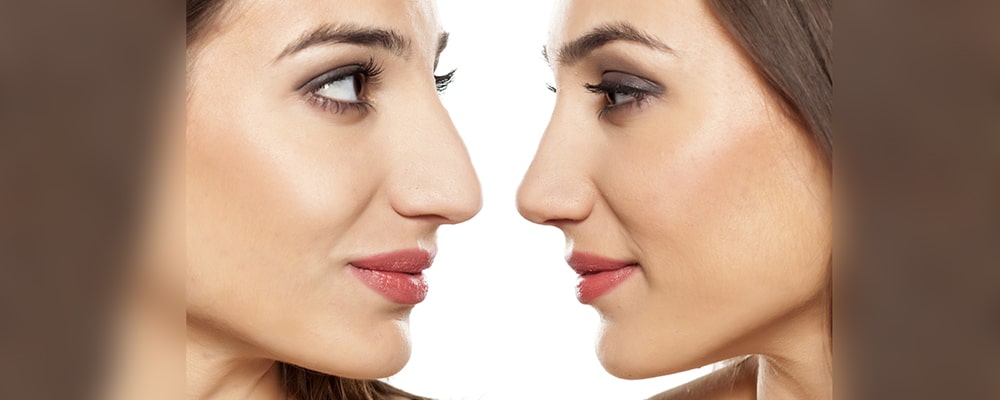
What is rhinoplasty?
Rhinoplasty is one of the methods of nasal surgery. This nose surgery is very convenient and has the least side effects and dangers. Rhinoplasty changes the size of the nose, which is not limited to nasal congestion and sometimes to increase nasal volume. Nasal congestion is improved by this method. Nodes with open blades will somehow come together in this way and will have visible changes. You can use this method if your face requires a change in the angle between the upper lip and the nose.
When is rhinoplasty done?
It is also used in the treatment of respiratory problems and other disorders. Those who are dissatisfied with the bridge or tip of their nose and who want to fix their nose or narrow their nose, can use this method. Other people acting for their nasal medical reasons may have been blocked due to fractures or congenital airway problems.
Tips for preoperative rhinoplasty
Since taking some medications on your anesthetic and blood coagulation is effective in surgery, please note the following:
- Do not smoke for two weeks before surgery.
- Tell your doctor if you are taking any medications, vitamins, herbal and sports supplements.
- Take a day before surgery and shorten your nasal hair.
- Avoid eating and drinking for 8 hours before surgery.
- Women do not interact with the onset of a procedure before their nasal surgery.
- The gentlemen will correct their faces before surgery.
- If you have dentures or eye lenses, get them out before entering the operating room and performing nasal surgery.
Avoid taking aspirin and other medications that dilute your blood. - Never drink alcohol.
- Increase the intake of vitamins C and E as well as iron. These supplements will greatly improve the wound.
- Healing of the surgery.
- Tell your surgeon even your milder illness.
- Use light meals for pre-operative meals.
In-service Nasal care
- If possible, make sure that all of your changes are carefully and carefully anticipated in the first 48 hours of rhinoplasty.
- Use the vehicle to provide you with complete security.
- Plan for at least two weeks of work and homework.
- To reduce the amount of inflammation around the nose, make a compress of ice.
- Do your hard and hard work before doing surgery.
- Rinse your face thoroughly so that the amount of bacteria on your skin is minimized.
- After midnight the night before surgery, eat nothing and drink nothing.
Postoperative nasal rhinoplasty
- The use of cold compresses in the first 48 hours on the nose and the middle areas to reduce swelling and cataract is a must-have and is one of the most important post nasal care.
- Hold your head as high as possible.
- Do not carry heavy vehicles and limit your physical activity, such as exercising.
- Avoid exposure to direct sunlight and, if necessary, use sunscreen with an SPF greater than 30 in order to prevent the risk of hyperpigmentation up to 4 weeks after surgery.
- After nose surgery, avoid nose and breathing air forcefully.
- Protect your nose from any damage.
- Avoid finishing for at least two weeks after surgery.
- Sexual intercourse is prohibited for up to 10 days.
- Stop scratching your nose with your hands.
- Refuse to smoke.
- Use the soft food during the first week of your diet.
- Reduce sodium intake.
- Do not use any alcoholic beverages for up to 48 hours after surgery.
The cost of rhinoplasty
Costs of rhinoplasty can vary widely. Costs of surgery include anesthesia, room or other costs associated with surgery, the surgeon’s cost will be based on his experience and the hospital of the doctor in question. Rhinoplasty costs may include:
- Anesthetic cost
- Hospital or surgical costs
- Medical tests
- Prescription
- Cost of surgeon
Improvement after nasal surgery
The first step is to use the compression of the ice along the nose and under the eyes to eliminate the bruises caused by nasal surgery as soon as possible. This compress should not be placed on the forehead so that it does not cause a headache. It can be tied to a cloth so that it does not annoy the skin.
Take your prescription medications based on timely and timely delivery. Which includes antibiotic capsules and pain relievers for pain relief, cold tablets and nasal drops to rinse off runny nose and rarely dexamethasone ampoule to eliminate swelling of the face.
Nasal serum with syringe for washing twice a day should be used at least.
Nasal dressing will be removed after 1 to 2 days. To eliminate swelling and maintain nasal shaping, nasal gloss is used to help form it after the first 2 weeks of nasal surgery. It also uses nasal seals to reduce the swelling associated with nasal surgery.
Post-natal medical examinations will be carried out according to the physician’s instructions to complete the patient’s complete recovery.
Complications of Nasal Surgery
The complications and dangers of nasal surgeries are very rare and mild, if done by an experienced specialist. However, possible complications are:
Nose bleeding
Mild bleeding is expected after surgery. Average bleeding is usually seen in septoplasty cases. In this case, keep the head high and use Drixine spray.
Mild infection
This condition can occur despite the use of oral antibiotics. Most common in cases of secondary rhinoplasty. It should be ensured that nasal cavities are cleaned and the ulcers removed after nasal surgery. Prescription antibiotic ointment should be used regularly.
Respiratory problems
This condition is very common after nasal rhinoplasty. Usually due to swelling and cramp of the nasal covering. In the first month after nasal surgery, a salt solution should be used to heal the breathing problem after two months.

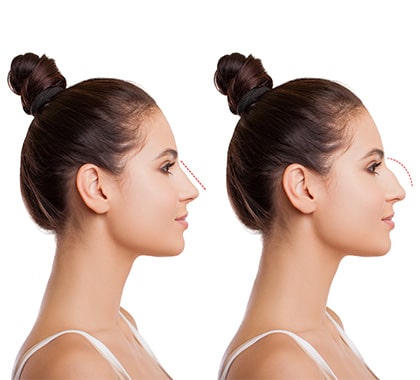
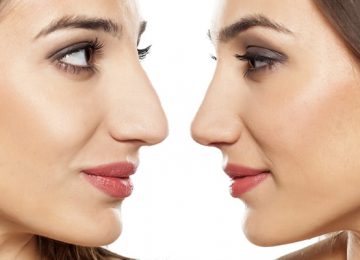
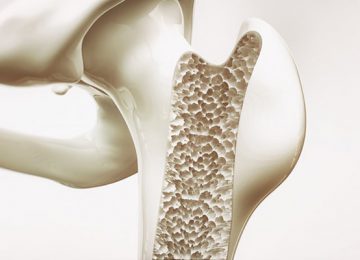



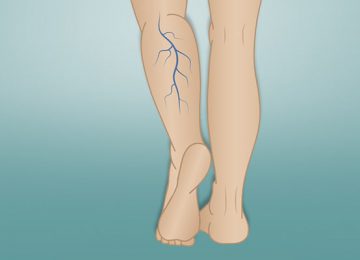
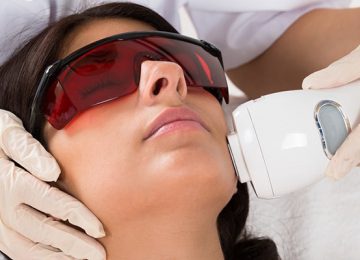



Reviews
Number of pending reviews15240